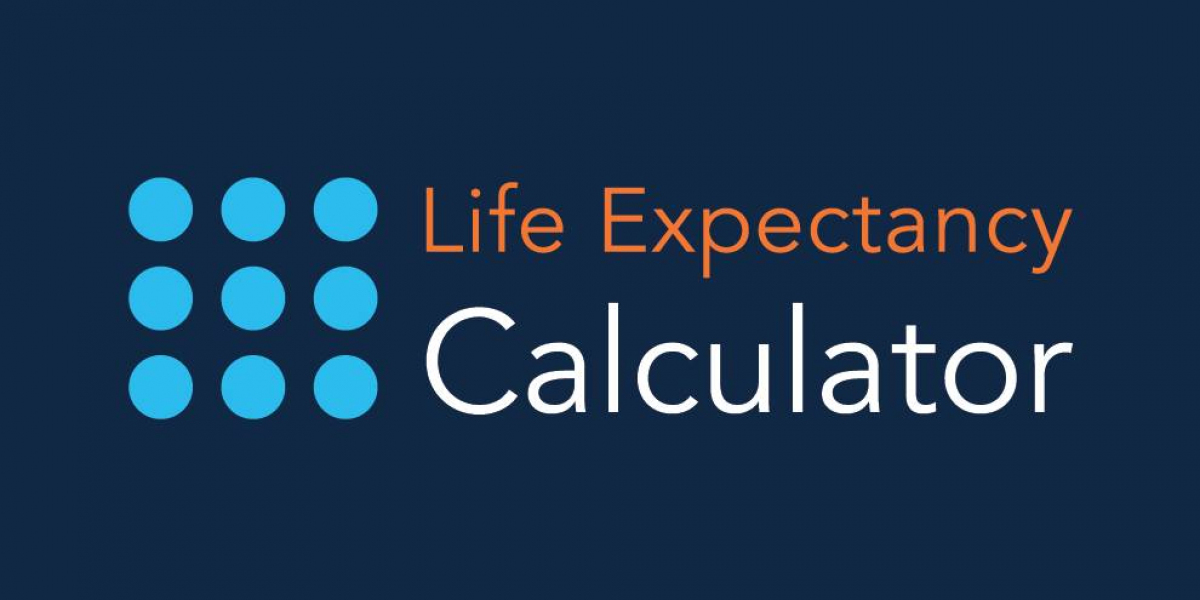Cardiac ablation has become a popular treatment for managing heart rhythm disorders, particularly atrial fibrillation (AFib), a common arrhythmia affecting millions worldwide. This minimally invasive procedure targets and destroys small areas of heart tissue responsible for erratic electrical signals, helping to restore a regular heartbeat. But as people weigh treatment options, one of the most pressing questions remains: How does cardiac ablation impact life expectancy? This article explores what recent research shows about life expectancy after cardiac ablation, examining how the procedure improves survival rates, its long-term benefits, and what factors influence outcomes.
The Basics of Cardiac Ablation and Life Expectancy
Cardiac ablation is usually recommended for patients who haven’t responded to medications or other less invasive therapies. Through catheters inserted into the heart, doctors use energy (radiofrequency or cryotherapy) to destroy targeted areas of heart tissue. By stopping the erratic electrical signals, ablation can significantly reduce symptoms, decrease stroke risk, and often improve quality of life. However, it’s natural to wonder whether the procedure actually extends life expectancy.
The good news is that research increasingly supports that cardiac ablation can positively impact life expectancy, especially when it’s successful in reducing arrhythmia and related complications.
Research on Life Expectancy After Cardiac Ablation
Recent studies provide encouraging data on the benefits of cardiac ablation for life expectancy:
- Long-term Reduction in Mortality Risk:
A 2019 study published in JAMA Cardiology found that patients who underwent ablation for AFib had a notably lower risk of death compared to those who did not have the procedure. The research, which followed over 20,000 patients for several years, showed that cardiac ablation was associated with a 23% reduction in the overall risk of mortality. These findings are significant, as they suggest that ablation not only improves symptoms but may also extend life by reducing the risks associated with AFib, such as stroke and heart failure. - Lower Risk of Stroke:
Stroke is one of the major complications associated with AFib, and it’s often life-threatening. Cardiac ablation has been shown to reduce the risk of stroke by helping patients maintain a regular heart rhythm. A 2016 study found that patients who had undergone ablation had a 30% lower risk of stroke over five years compared to those who managed their AFib solely with medication. By maintaining normal rhythm, ablation helps reduce blood pooling and clot formation in the heart, one of the primary causes of AFib-related strokes. - Improved Quality of Life:
While not directly extending life expectancy, ablation’s positive impact on quality of life can have an indirect effect. By reducing the severity of symptoms, such as fatigue, shortness of breath, and anxiety, ablation allows patients to pursue healthier lifestyles. With restored energy levels, people are more likely to engage in physical activity, eat better, and manage stress—all factors that contribute to better long-term outcomes and potentially longer life expectancy. - Better Outcomes in Younger Patients:
Studies suggest that life expectancy benefits after cardiac ablation are more pronounced in younger patients and those with fewer additional health issues. Younger individuals, generally defined in studies as those under 65, tend to have better outcomes and a lower risk of complications after ablation. This group is often able to return to an active lifestyle more quickly, with fewer recurrences of arrhythmia, and has a reduced risk of other heart-related complications.
Factors That Influence Life Expectancy After Cardiac Ablation
Although cardiac ablation has been associated with positive outcomes, several factors can influence its impact on life expectancy. Some of these include:
- Underlying Heart Health:
Patients with other serious heart conditions, such as coronary artery disease, heart failure, or prior heart attacks, may not experience the same life expectancy gains as those without such conditions. In these cases, the heart may still struggle to function optimally, limiting the overall benefits of the procedure. - Success of the Ablation Procedure:
Success rates for cardiac ablation can vary, with around 60-80% of patients experiencing long-term arrhythmia suppression after the first procedure. However, some patients may require repeat ablations to maintain a normal heart rhythm. Studies have shown that successful ablation, with minimal recurrence of arrhythmia, is more likely to improve life expectancy. - Post-Procedure Lifestyle:
Life expectancy after cardiac ablation is also influenced by lifestyle changes. To optimize long-term outcomes, it’s crucial for patients to focus on maintaining a heart-healthy lifestyle after the procedure. This includes eating a balanced diet, exercising regularly, avoiding tobacco, and managing stress. Patients who make these changes often see better outcomes than those who do not. - Comorbidities and Overall Health:
Conditions like diabetes, high blood pressure, and obesity can increase the risk of complications after ablation and may diminish life expectancy benefits. For individuals with these conditions, it’s essential to manage them closely to maximize the benefits of the procedure. Adherence to prescribed medications and regular follow-up care with a cardiologist also play an important role.
Comparing Cardiac Ablation to Medication-Only Treatment
For some, medications like anti-arrhythmics and beta-blockers can manage symptoms without the need for ablation. However, studies comparing ablation to medication-only treatments show that ablation often provides superior long-term outcomes, particularly regarding life expectancy.
A 2020 study published in Circulation concluded that cardiac ablation is associated with a significantly lower risk of mortality compared to drug therapy alone. By maintaining a steady heart rhythm, ablation reduces complications such as heart failure and stroke, which can be life-limiting when not properly managed.
Risks and Considerations
While cardiac ablation offers substantial benefits, it’s important to consider potential risks, as they can impact life expectancy. Though rare, complications such as infection, bleeding, or damage to the heart's electrical pathways can occur. Advanced age, complex arrhythmias, and coexisting medical conditions can increase these risks.
Additionally, the procedure’s long-term success depends on a comprehensive post-procedure plan that includes medication management, routine follow-ups, and lifestyle adjustments. Regular monitoring and adjustments to treatment are often necessary to maintain the heart’s normal rhythm and maximize life expectancy.
Final Thoughts: Optimizing Life Expectancy After Cardiac Ablation
Cardiac ablation is a promising treatment that can help improve life expectancy after cardiac ablation for many people suffering from heart rhythm disorders. The procedure’s success in reducing mortality risk, decreasing stroke incidence, and improving overall quality of life makes it an effective option for those with symptomatic AFib or other arrhythmias. However, the benefits of ablation are most fully realized when patients actively participate in their own care, through lifestyle changes and diligent follow-up.
By taking control of lifestyle factors and working closely with healthcare providers, patients can significantly improve their prognosis and enjoy a longer, healthier life post-ablation. And while cardiac ablation cannot guarantee a longer life in every case, the research shows that for many, it offers a pathway to better health, fewer complications, and, ultimately, the potential for a more extended and fulfilling life.









